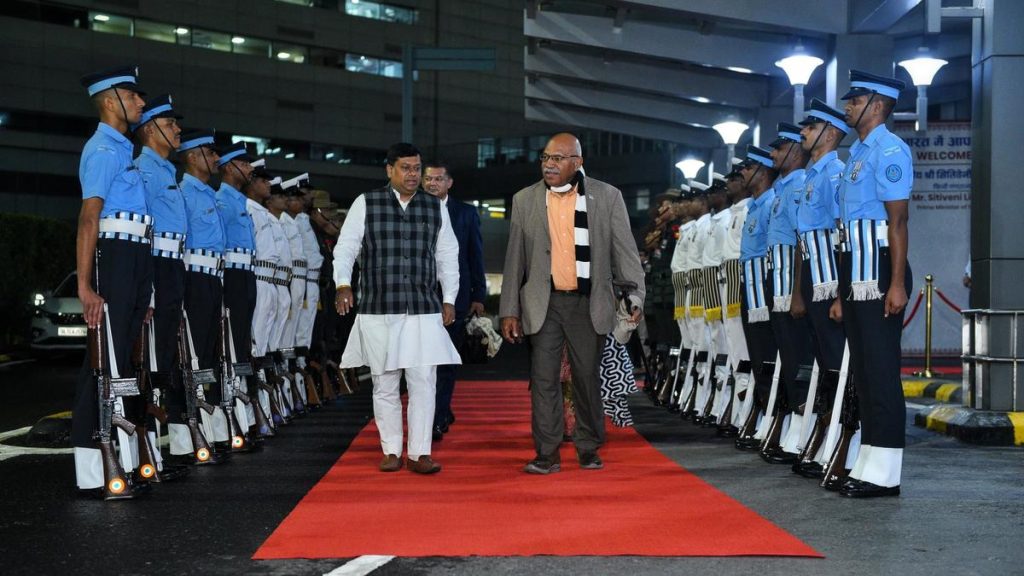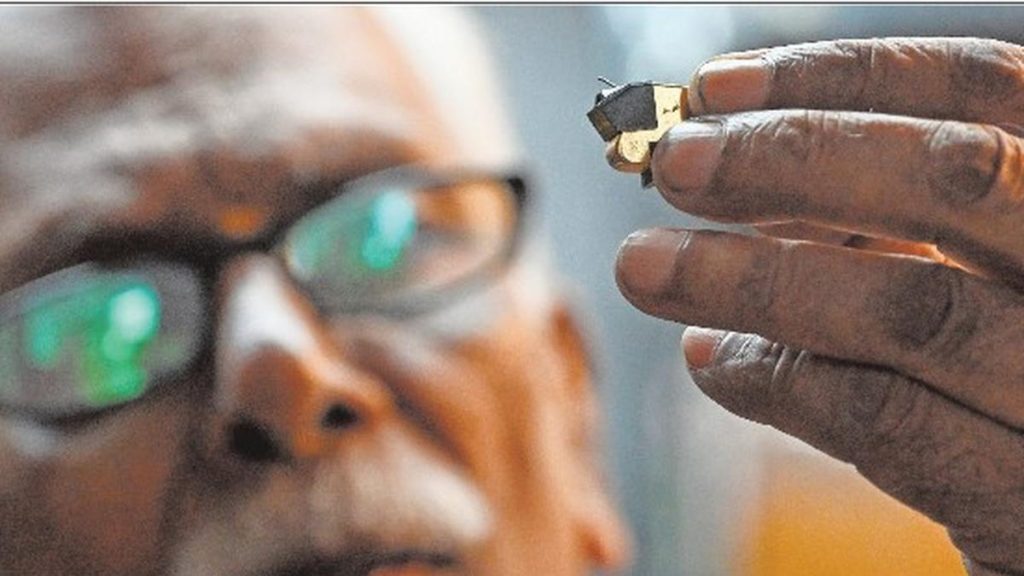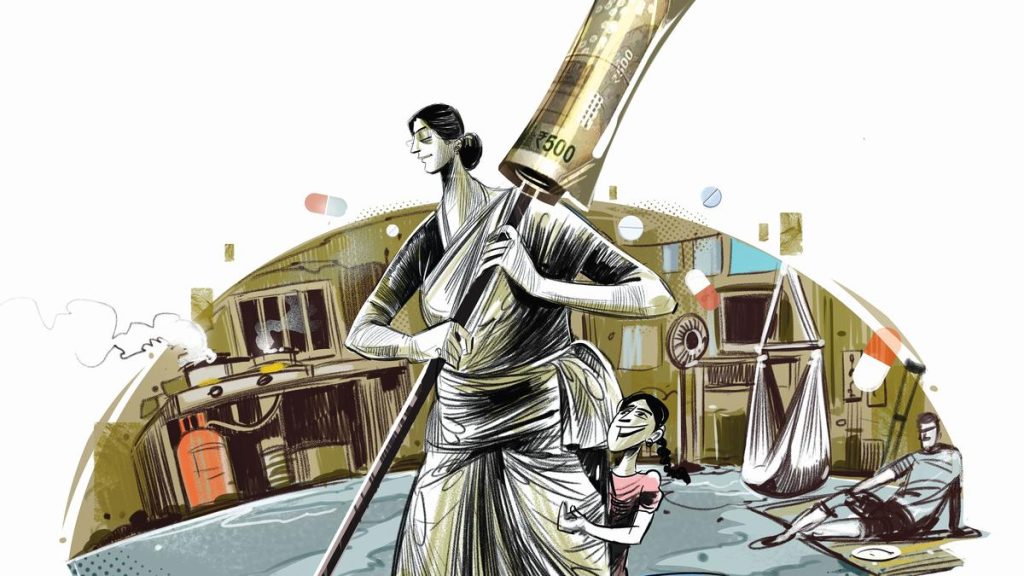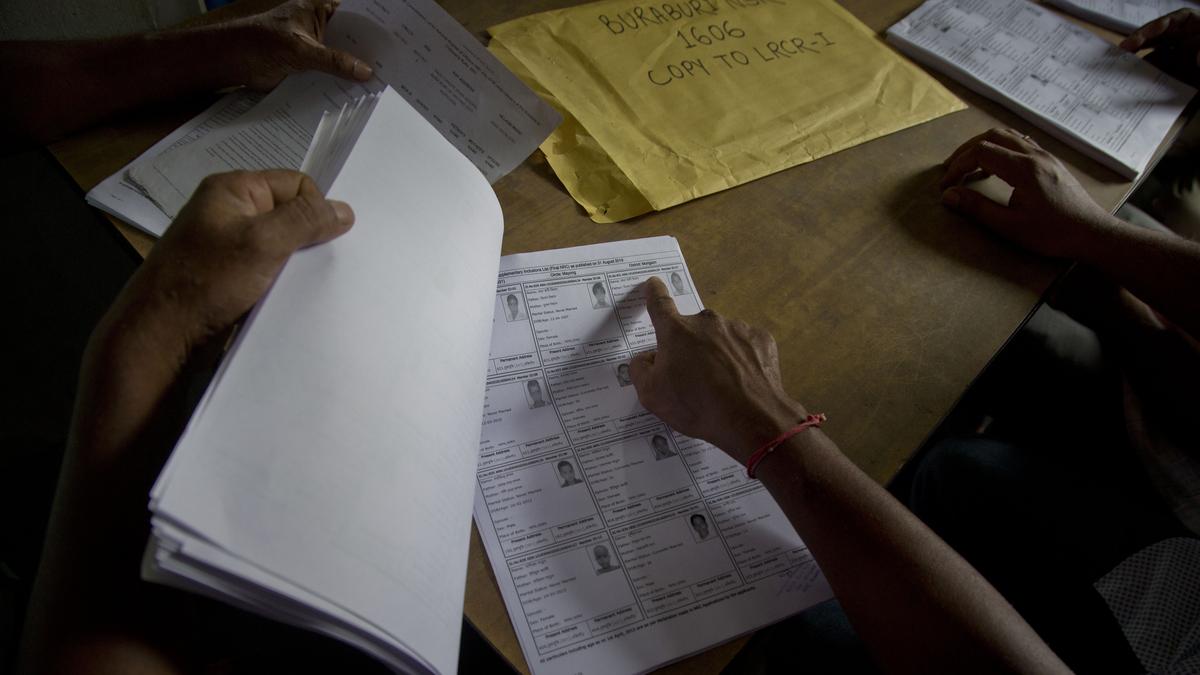Now Reading: Bihar’s Voter Roll Cleanup: What’s Really Happening?
-
01
Bihar’s Voter Roll Cleanup: What’s Really Happening?
Bihar’s Voter Roll Cleanup: What’s Really Happening?
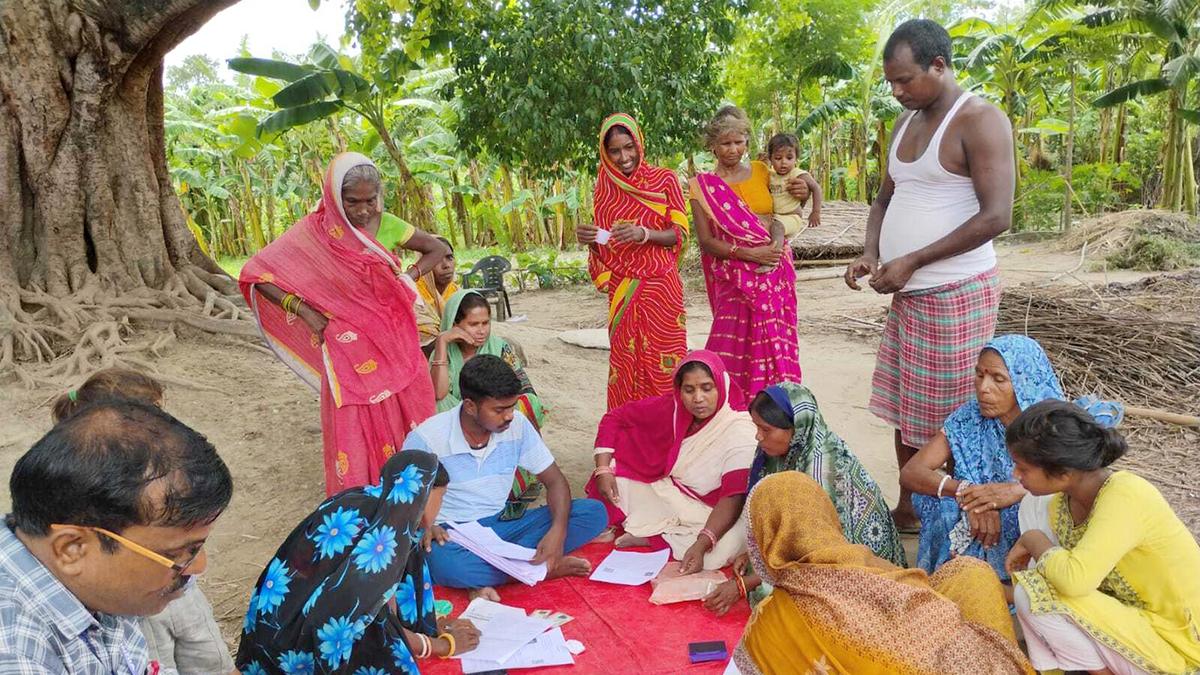
Quick Summary
- India is witnessing a significant shift in citizenship adn voting rights definition, as demonstrated by the ongoing Special Intensive Revision (SIR) of voter rolls in Bihar ahead of State Assembly elections.
- The revision requires nearly 4.74 crore voters (60% of Bihar’s electorate) to provide documentary proof of citizenship beyond prior self-declarations or voter ID cards, which were previously sufficient.
- Accepted documents include birth certificates, school-leaving records, and land deeds – many of which are difficult for marginalised communities like migrant workers, Muslims, and rural poor to produce.
- Critics argue this process could disenfranchise millions; estimates suggest up to two crore voters could be removed from electoral rolls if the exercise continues unchecked.
- The ECI claims the revision is aimed at eliminating duplicates and ensuring accurate electoral rolls but faces criticism for timing the overhaul during monsoon season under a tight 30-day deadline.
- Some view this process as resembling a de facto National Register of Citizens (NRC), without legislative basis or judicial oversight.
- Concerns arise over potential demographic manipulation that may diminish political participation among minorities while benefitting ruling parties in tightly contested polls.
Link: Read more
Indian Opinion Analysis
The SIR process initiated by the Election Commission poses critical questions about both procedural justice and constitutional guarantees. While ensuring clean electoral rolls is essential for democratic integrity, requiring extensive documentation threatens historically marginalised groups by creating significant barriers to voting access. This shift risks undermining years of progress made toward inclusive participation.
Timing such an overhaul during flood-prone conditions not only suggests logistical impracticalities but amplifies concerns about exclusionary motives tied to election outcomes – especially given previous rulings that affirmed simpler methods like self-declaration. Institutional credibility also comes into question when widely used voter ID cards are rejected as inadequate proof.
If replicated nationwide, this model could institutionalise disparities for vulnerable groups beyond just Bihar.The impending legal challenge before India’s Supreme Court will therefore determine whether these reforms align with foundational democratic values or compromise them under bureaucratic rigidity. Ultimately, balancing accuracy with inclusivity must remain central to any legitimate electoral reform initiative.
Link: Read more


